Carving up Africa for food and fuel
- The Trumpet
- 17 November 2009
The landgrab heats up, and the neocolonialists stake their claims.
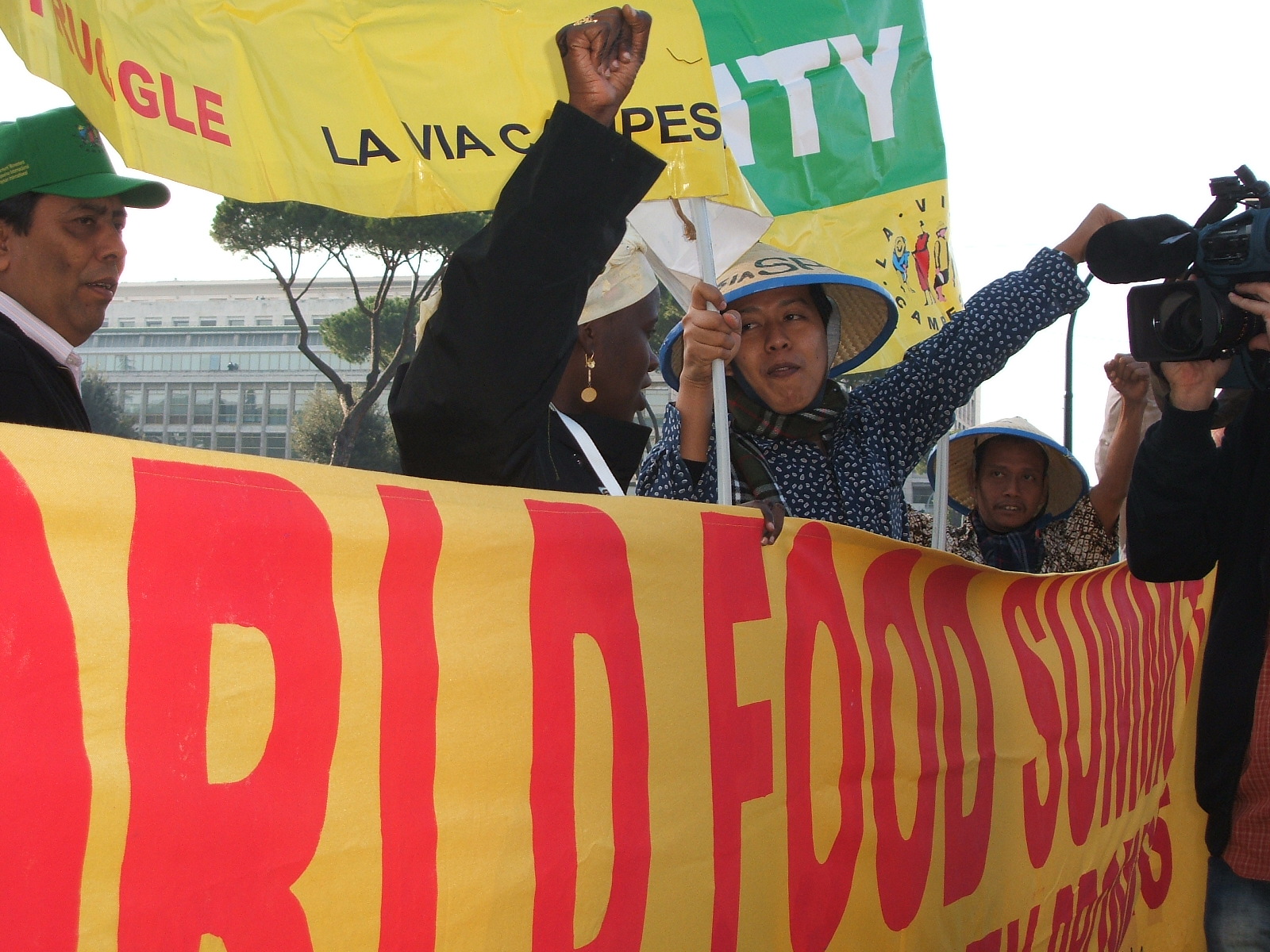
The landgrab heats up, and the neocolonialists stake their claims.

Multinational food companies have come under fire for buying up farmland in developing countries by activists holding a forum in parallel to the UN Hunger Summit.
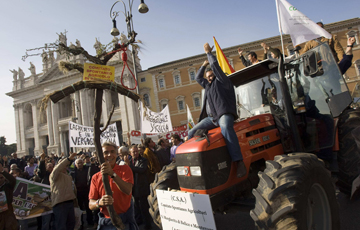
Libyan leader Moammar Gadhafi calls it the “new feudalism.” Groups representing peasant farmers call it “land grabs.” The United Nations literature dispersed at this week's UN food summit in Rome calls it “direct foreign investment.”

A strong set of guidelines for land acquisitions abroad could take years, but is necessary for protecting the interests of small farmers, political leaders said.

Area nearly the size of France purchased, leased for food production around the world Africa, South America, parts of Europe targeted by cash-rich, food-poor nations
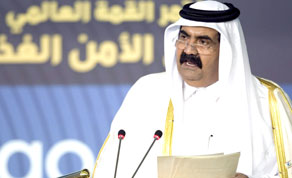
Meanwhile, the government is planning to launch an initial public offering for the shares of Hassad Food, the strategic food investment arm of Qatar Investment Authority, in order to list it on the local bourse, according to Doha-based Al Arab daily.
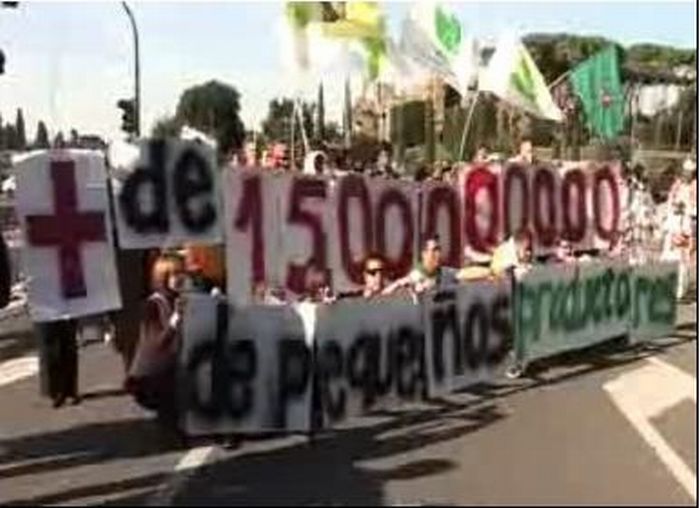
Land Grabbing, Food Sovereignty and Cimate Change are the issues expressed in front of FAO summit in Rome. Video interviews.

France called on Monday for stricter regulation of agricultural markets to counter price volatility and said "predatory" farmland purchases in poor countries should be halted.

Why produce a low-value crop such as wheat using expensive water when the FAO says the global wheat harvest will this year be second only to last year’s record?

As the issue of global food security was being discussed yesterday in Rome by world leaders, a senior UN official here highlighted the need for GCC countries to address their dependence on food imports.
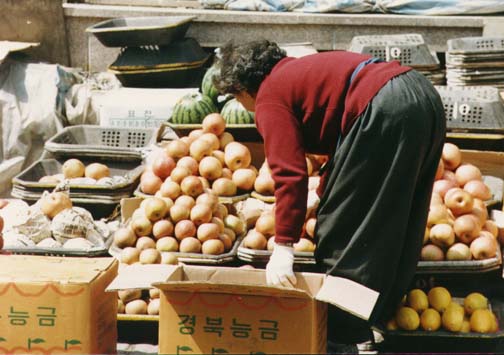
Local provincial governments are working hard to develop farmland in other countries -- Russia, Cambodia, Mongolia, Indonesia, the Philippines, Paraguay, Uruguay -- because it’s cheaper than relying on imports
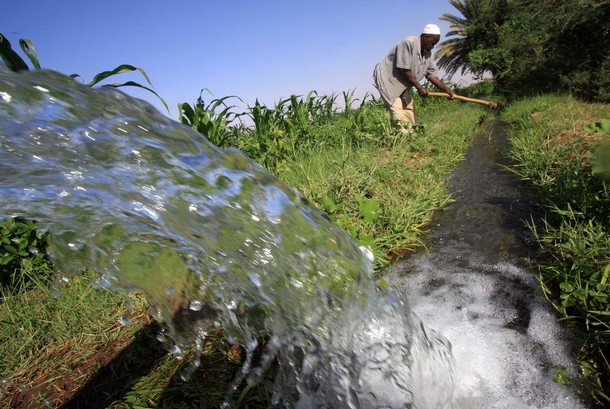
"We decided to update a previous feasibility study due to the fact that the prices of food items that will potentially be grown on the project's lands, including fodder and grains, have changed drastically over the past year," Jordan's Agriculture Ministry Secretary General Radhi Tarawneh said